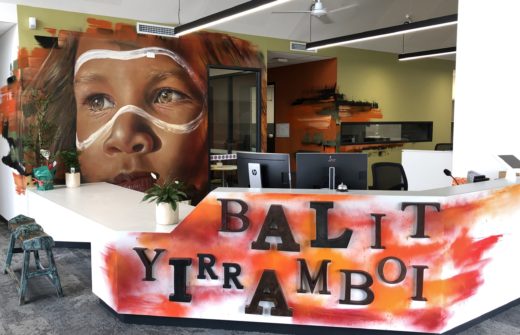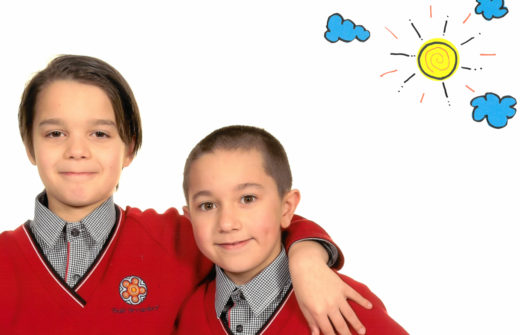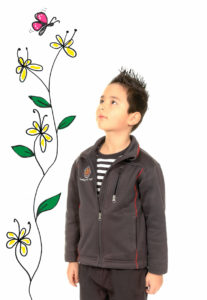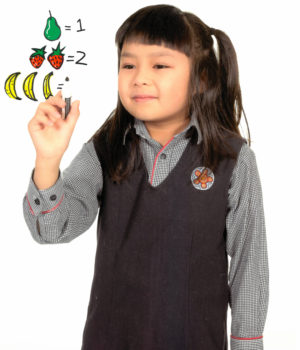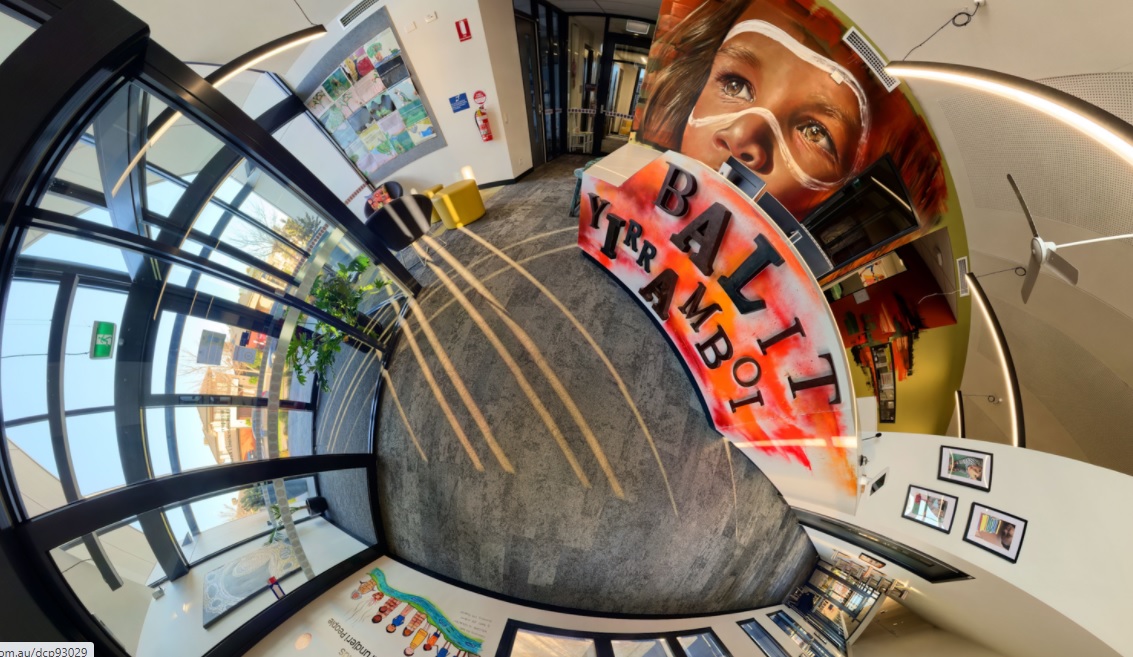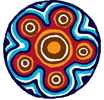“Maths involves creating symbols and putting them together to represent the real world… Most students only experience maths in the abstract form without getting to relate it to something meaningful to them… fundamentally, we are looking at ways of understanding the world and that’s pretty much what science and maths is.”
Dr Chris Matthews, NSW Aboriginal Education Consultative Group
Maths is not something that is only taught at school and then forgotten about until the next maths lesson. It is interwoven into everything that we do: from telling the time, organising our day, cooking and shopping, calculating our savings and budgeting for a special gift, tracking the growth of our pet so we know how much to feed them and celebrating special days and milestones throughout the year. Being numerate is an important part of being a successful person. Just as literacy allows us entry into the spoken and written world, numeracy allows us to function as successful citizens.
At home, talk to your child about maths in their everyday world. Casual encounters with numbers, operations and measurement are important to build numeracy and life skills. Some questions might include:
- How many minutes is there until we need to leave for school?
- What fruit would you like to eat this week? How much of each fruit type do we need to buy? How many kilograms do you think this will be? How much will it cost?
When solving maths problems, ask:
- How did you work that answer out?
- What is that strategy called?
- Why did you choose to work it out that way?
- Could you have solved that problem another way?
These questions encourage your child to think critically about their own processes and build deep reasoning skills.
Moving into Grade 6 and beyond, our students will study how successful businesses operate, the effects that governments, consumers and business can have on market trends and ethical business practices. They will use their learning from the areas of Science and Design Technologies to design and project manage their own business idea in our local school community, applying their knowledge of enterprising behaviours.

